Glass Office Door Types
Glass office doors incorporate style, aesthetics, and functionality into any workspace entryway, with endless customizations possible to create the perfect, signature fit for any business.
Posts by:
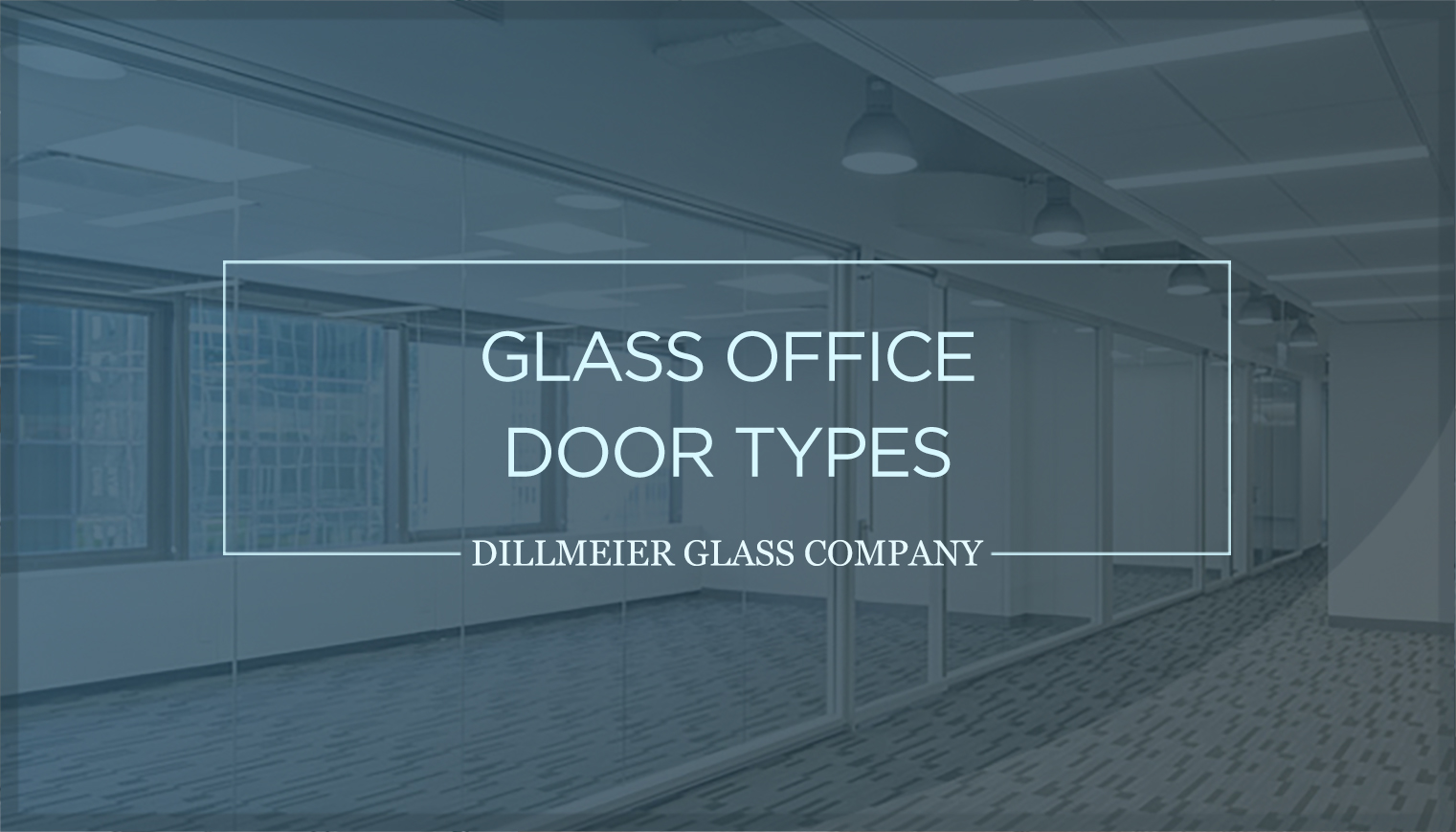
Glass office doors incorporate style, aesthetics, and functionality into any workspace entryway, with endless customizations possible to create the perfect, signature fit for any business.
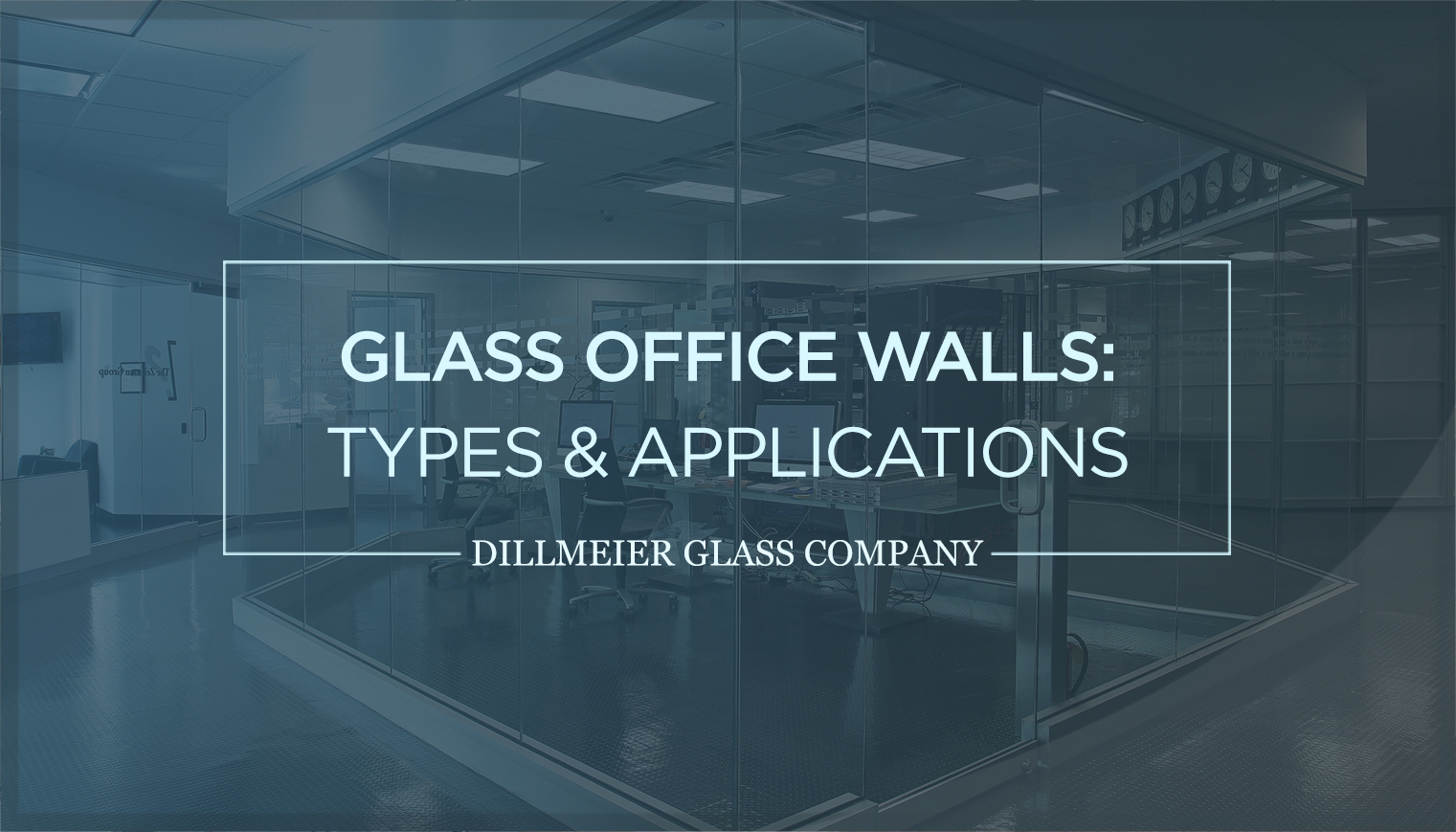
Glass office walls separate spaces while simultaneously promoting a feeling of openness and collaboration among employees, making them excellent additions to any workplace.
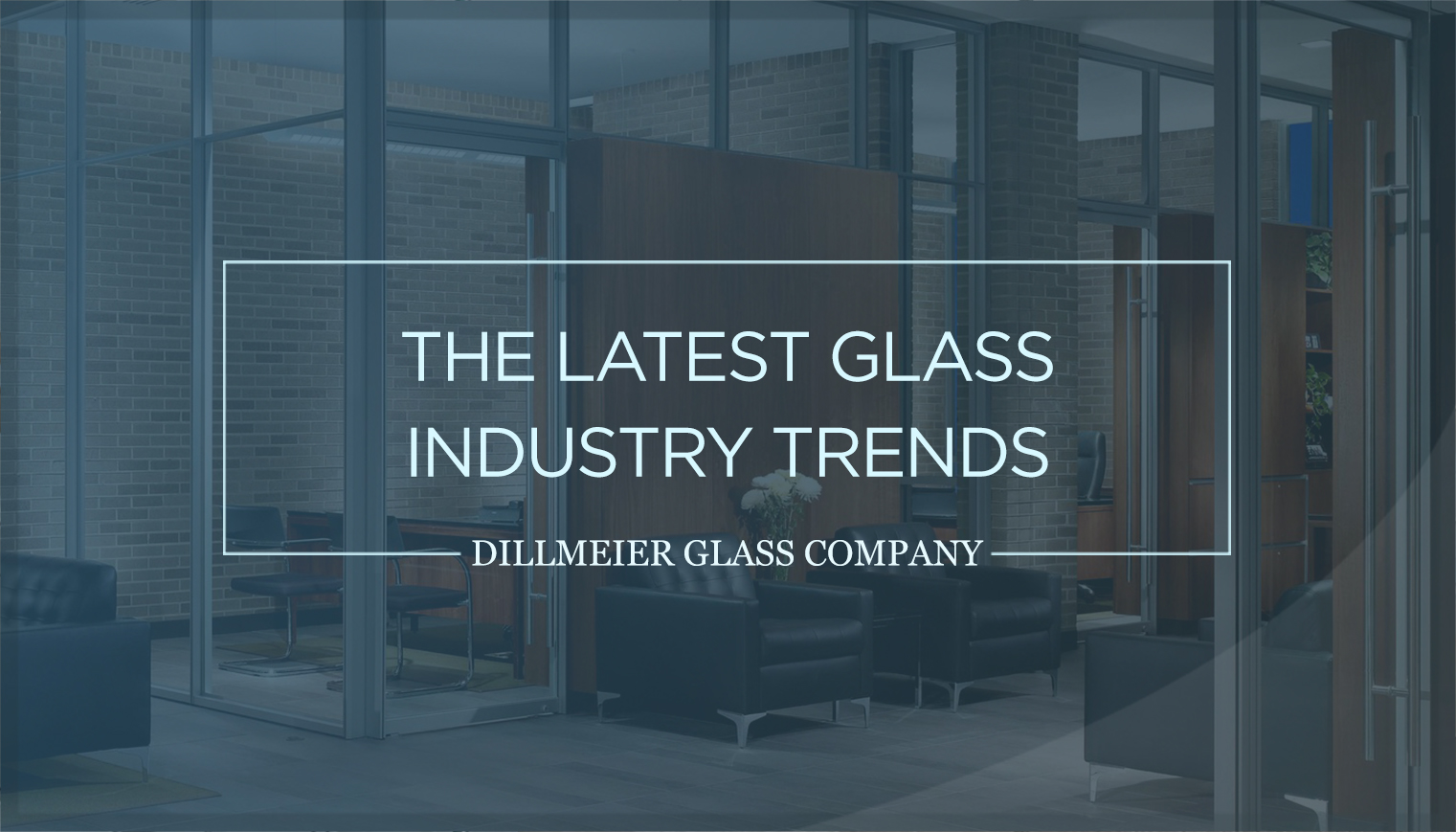
As construction and building design trends evolve, so too does the glass industry. Recent figures from the U.S. Department of Labor's Bureau of Labor Statistics (BLS) detail a promising start to 2019 for the sector, characterized by significant job growth chipping away at a lingering shortage of qualified skilled workers from the previous year, among other indicators that include increased demand for automation, and bigger and more intricate glasswork.
The following are five key trends influencing the glass manufacturing industry in 2019:
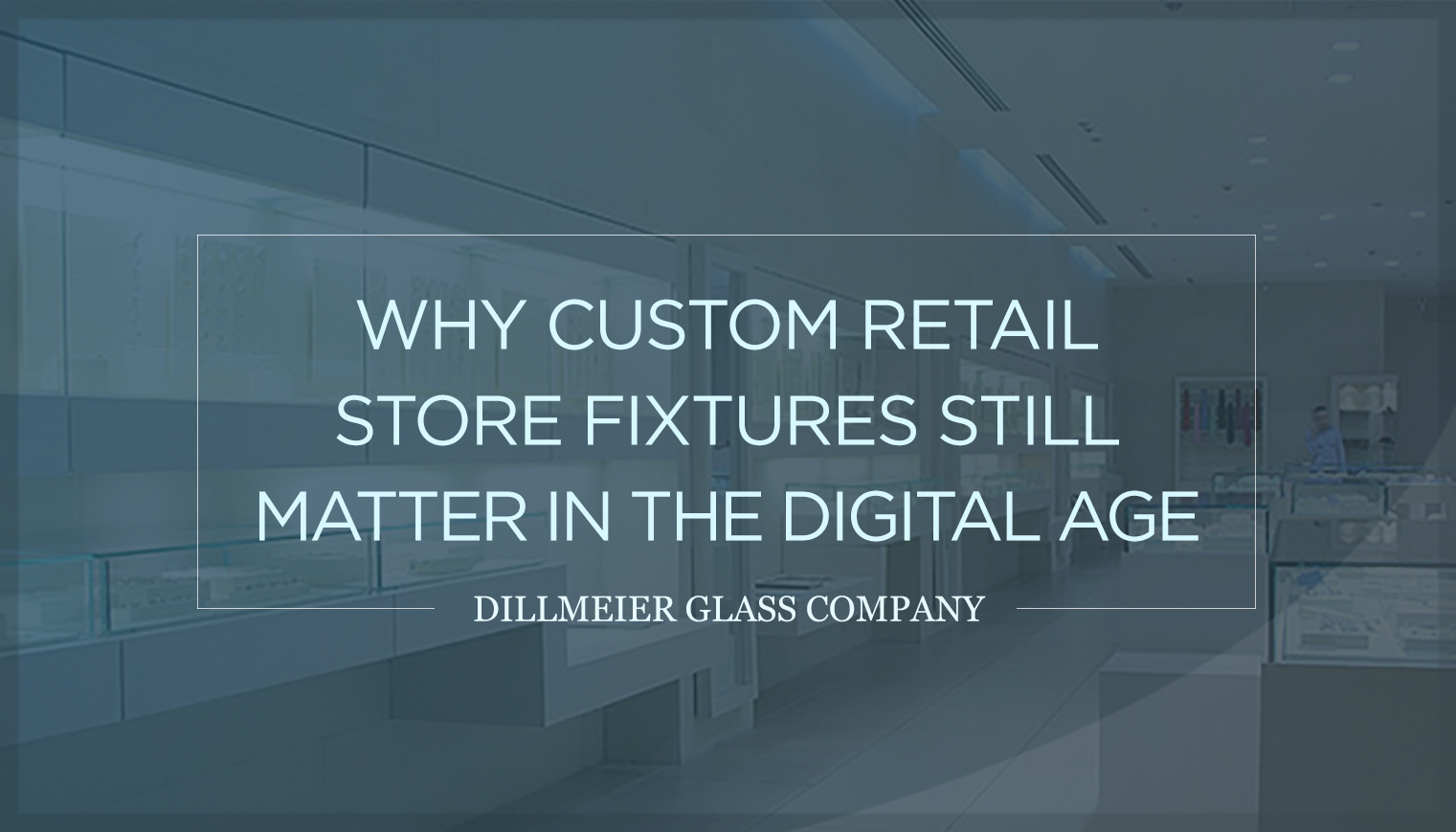
Retail stores must constantly think of new ways to highlight products and boost sales. While digital efforts are certainly important, and more and more consumers shop online, in-store strategies still remain critical. Despite years of speculation about the demise of physical stores, they are gaining traction once again, underscoring the importance of custom retail store fixtures, such as glass display cases, shelving and stands.
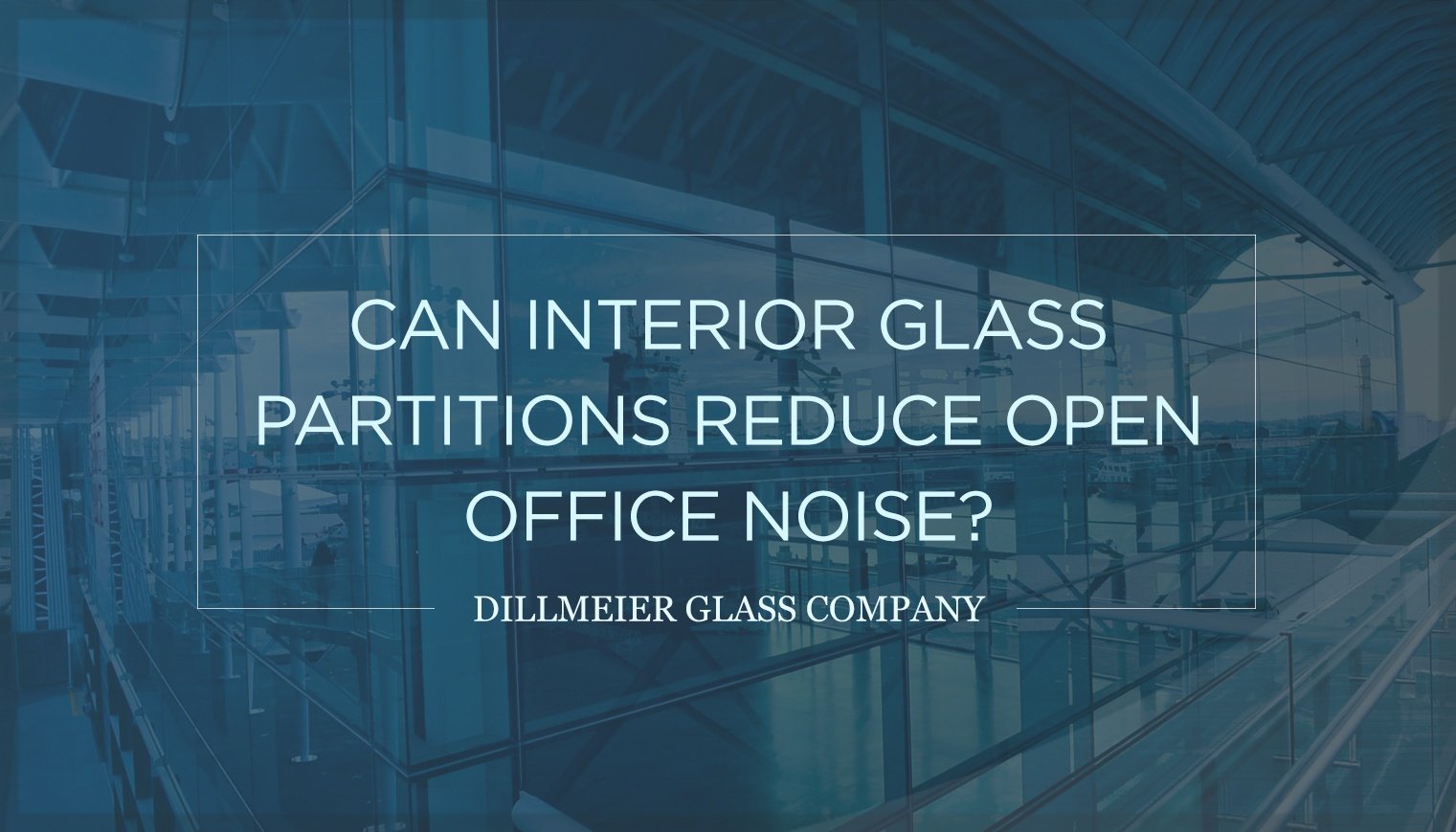
There are many design elements that can make an office space pleasant. There are also those that can do the exact opposite, creating a less-than-satisfactory working environment, and even hindering productivity.
One potential challenge is noise control, especially within open-office layouts. While this design has its advantages, it may also make it difficult for some workers to concentrate. Glass partitions, whether used to separate individual workstations or conference and focus rooms, can help.

Those who don’t work in the glass fabrication industry likely don’t know too much about it. It affects everyone, however. Take a look around the building you work in, stores you shop at, sports arenas you visit, restaurants where you dine—more often than not, glass is incorporated into its design, and impacts your experience.
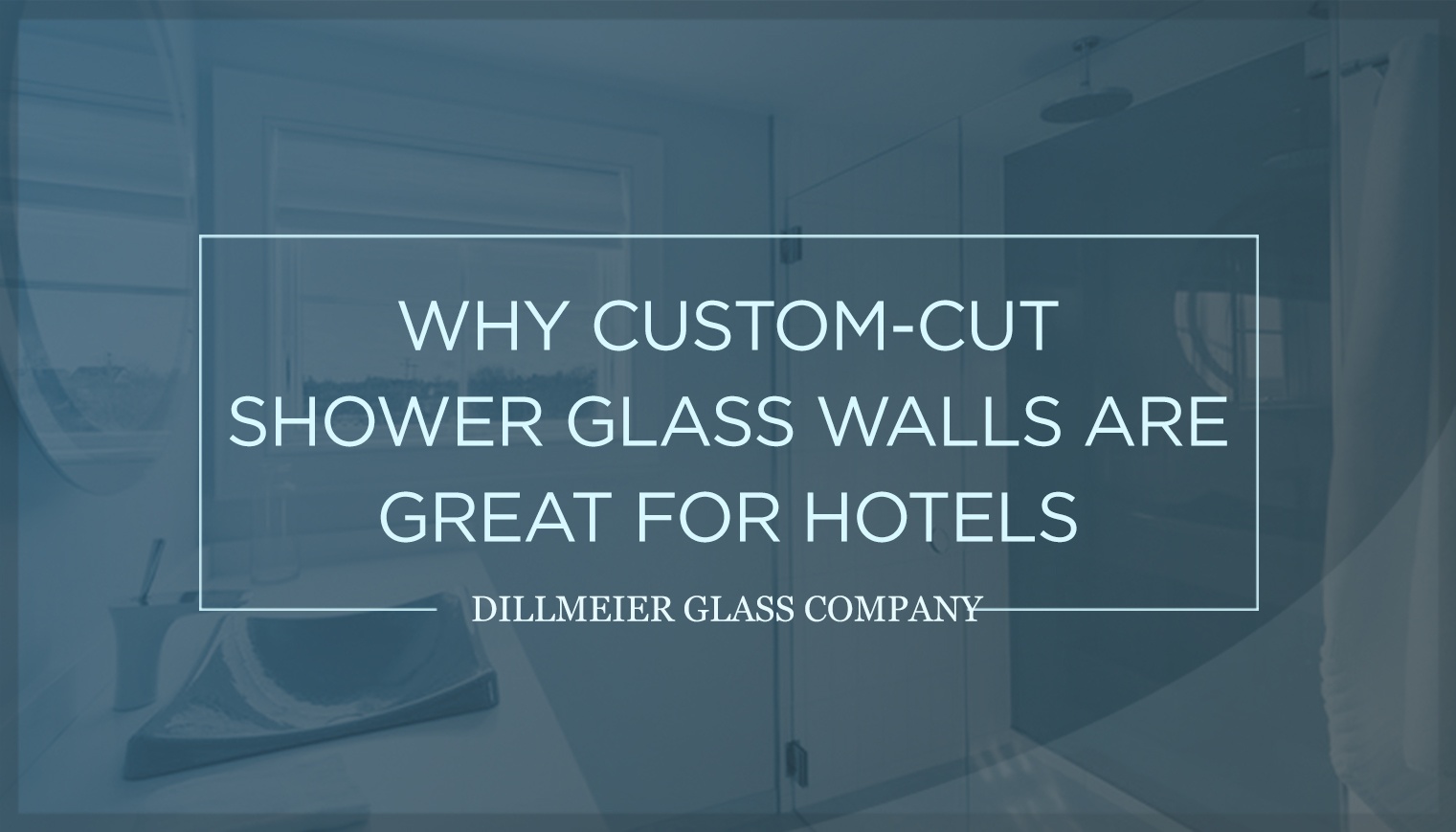
When people book a hotel room, they typically have high expectations. These range from the quality of customer service they receive and number of amenities offered to the overall interior design—the room layout, paint colors, furniture and building materials. While they may not enter the hotel consciously planning to critique every aspect of it, more often than not, they'll do so, at least to some degree. This includes sizing up the check-in area and individual rooms.
Modern hotel designs exhibit the innovative utilization of various components and colors to create a contemporary atmosphere, even in the guest bathrooms. Glass is often incorporated into all these spaces. Although many people envision the shower doors when you mention glass, this resourceful material is frequently used in other ways. Particularly, it’s used to fabricate shower walls.
This unique application results in an entire panel of glass from the floor to the ceiling, with the inside walls including custom cutouts for the shower hardware, creating a modern, clean look.
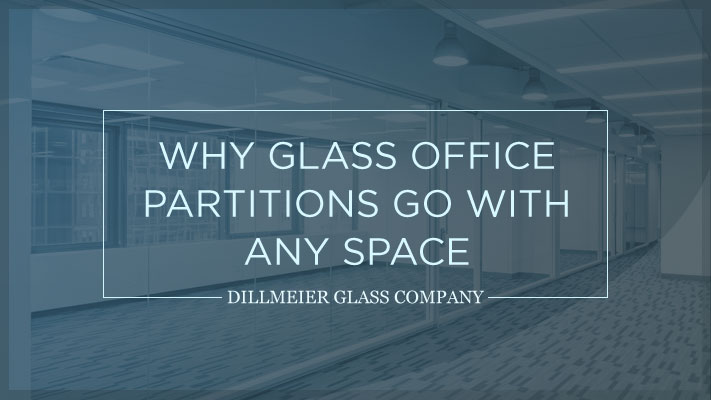
An office's configuration, regardless of size or industry, directly affects its atmosphere and functionality. While the space should be aesthetically pleasing, it should also have a layout that makes sense and benefits the people working there.
If architects wish to create a positive, productive and updated office interior, they should consider incorporating glass partitions into their designs.
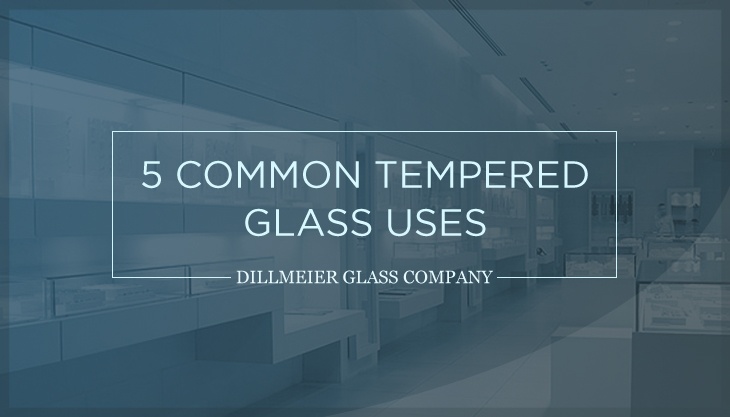
When you go to a hockey arena, a department store, office, or any other commercial space, you’re going to see glass. The versatile material can be utilized in various ways. That revolving door at the last hotel you stayed in: glass. Those room dividers in your office building: glass. The display tables at your favorite clothing store: glass. The list goes on and on.
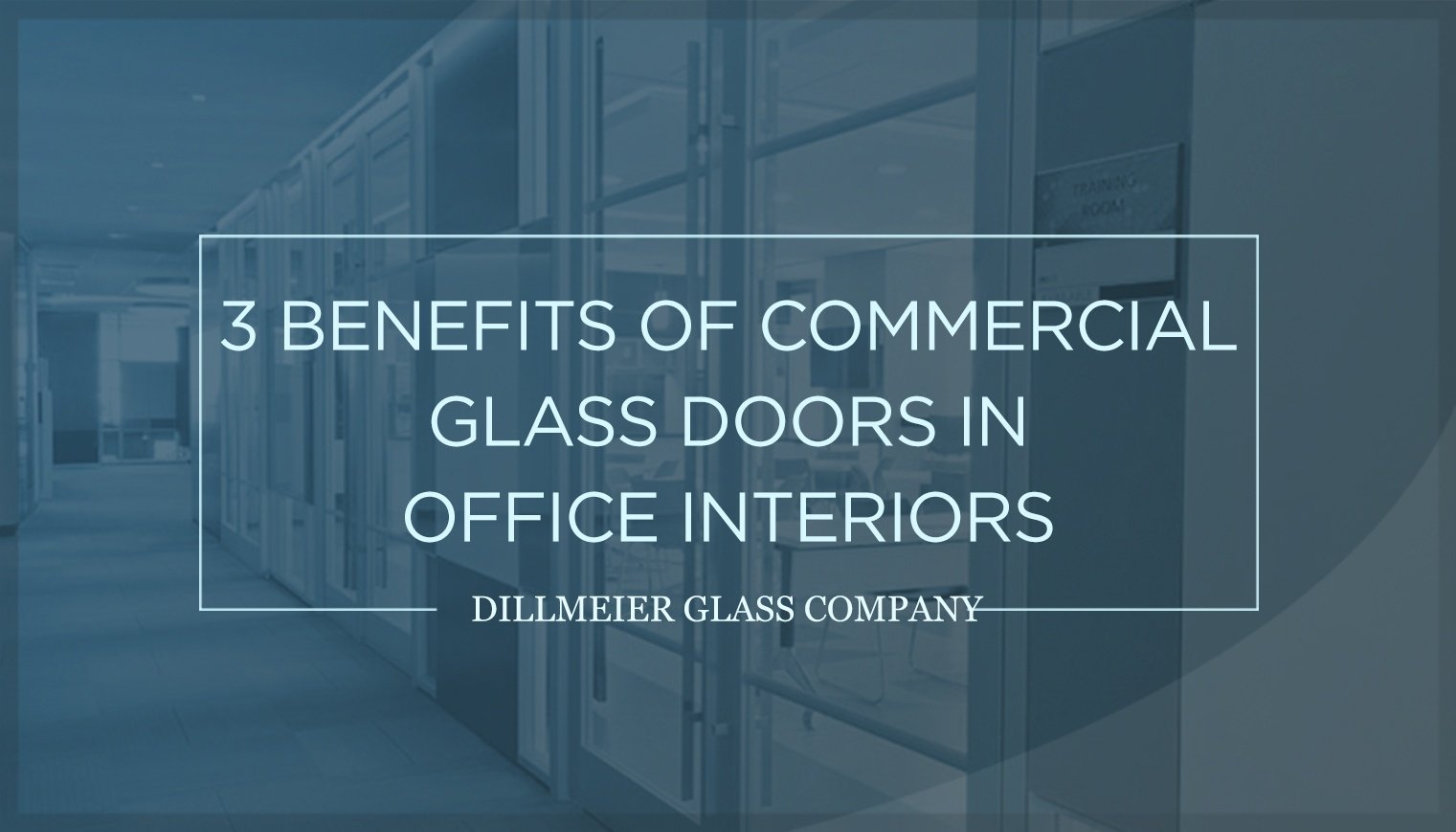
There are several reasons glass remains a popular commercial construction component. This transparent material not only looks great, but also possesses other significant qualities that make it ideal within corporate office settings. Specifically, its use as an interior door—whether for an individual office or conference room—holds several advantages.